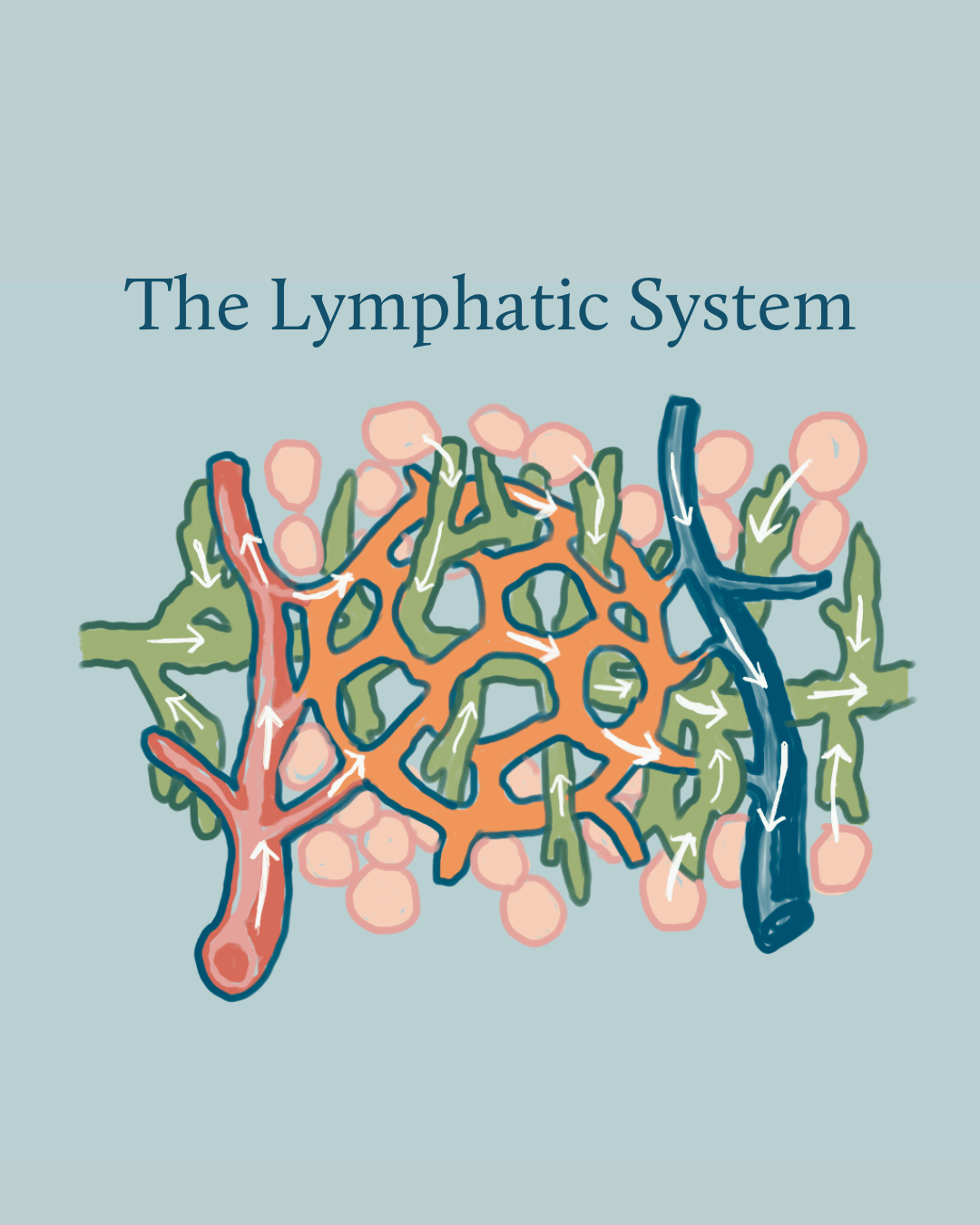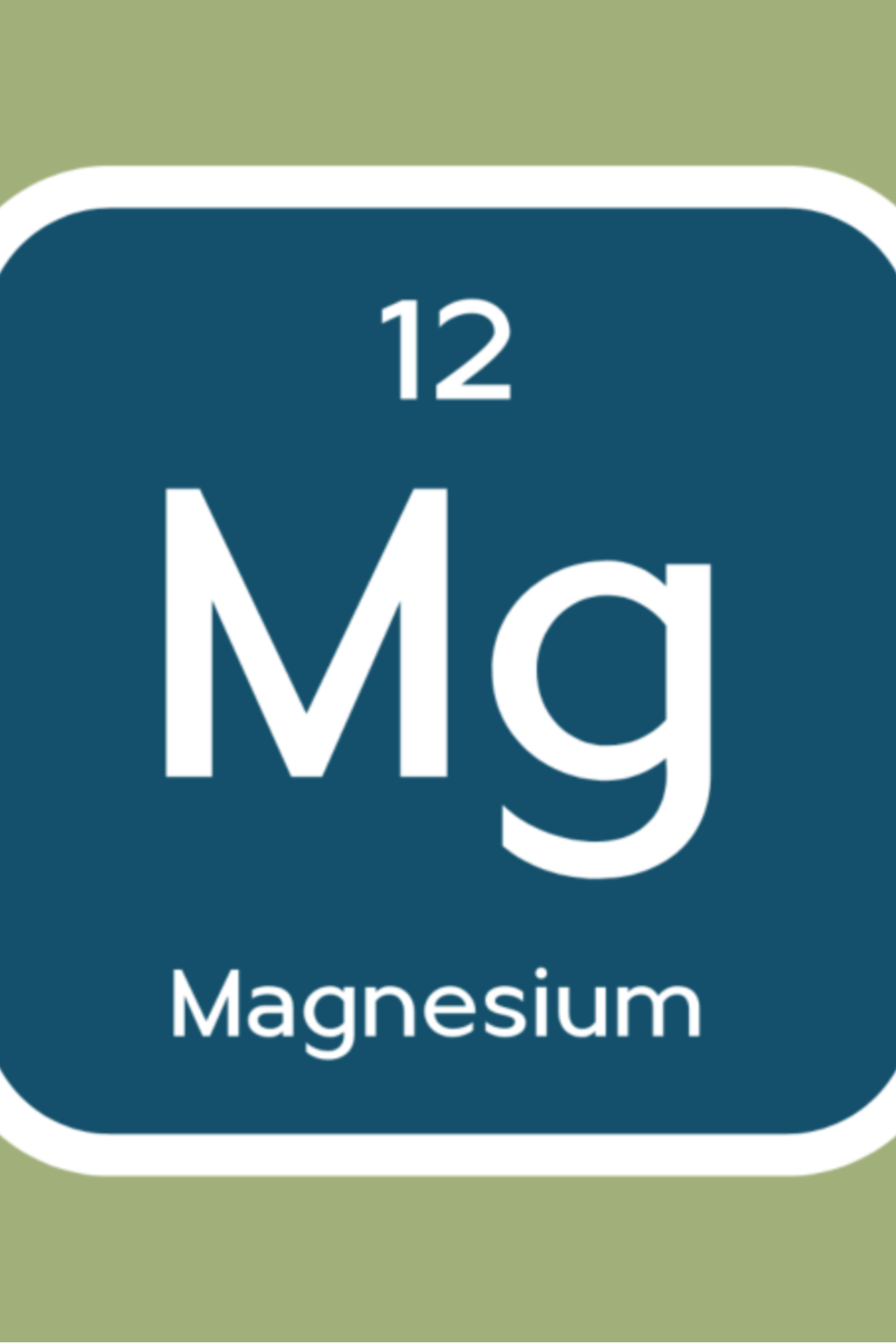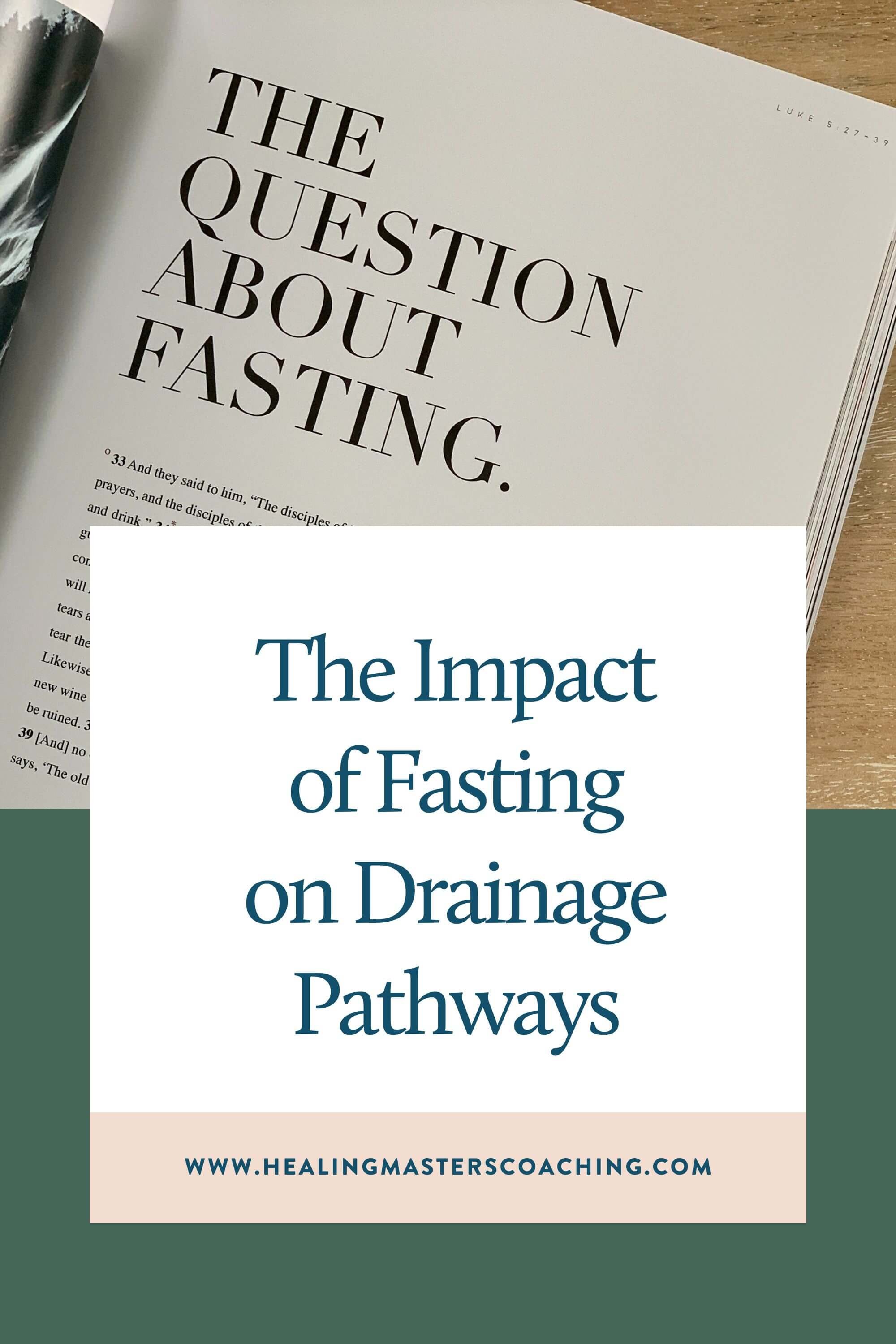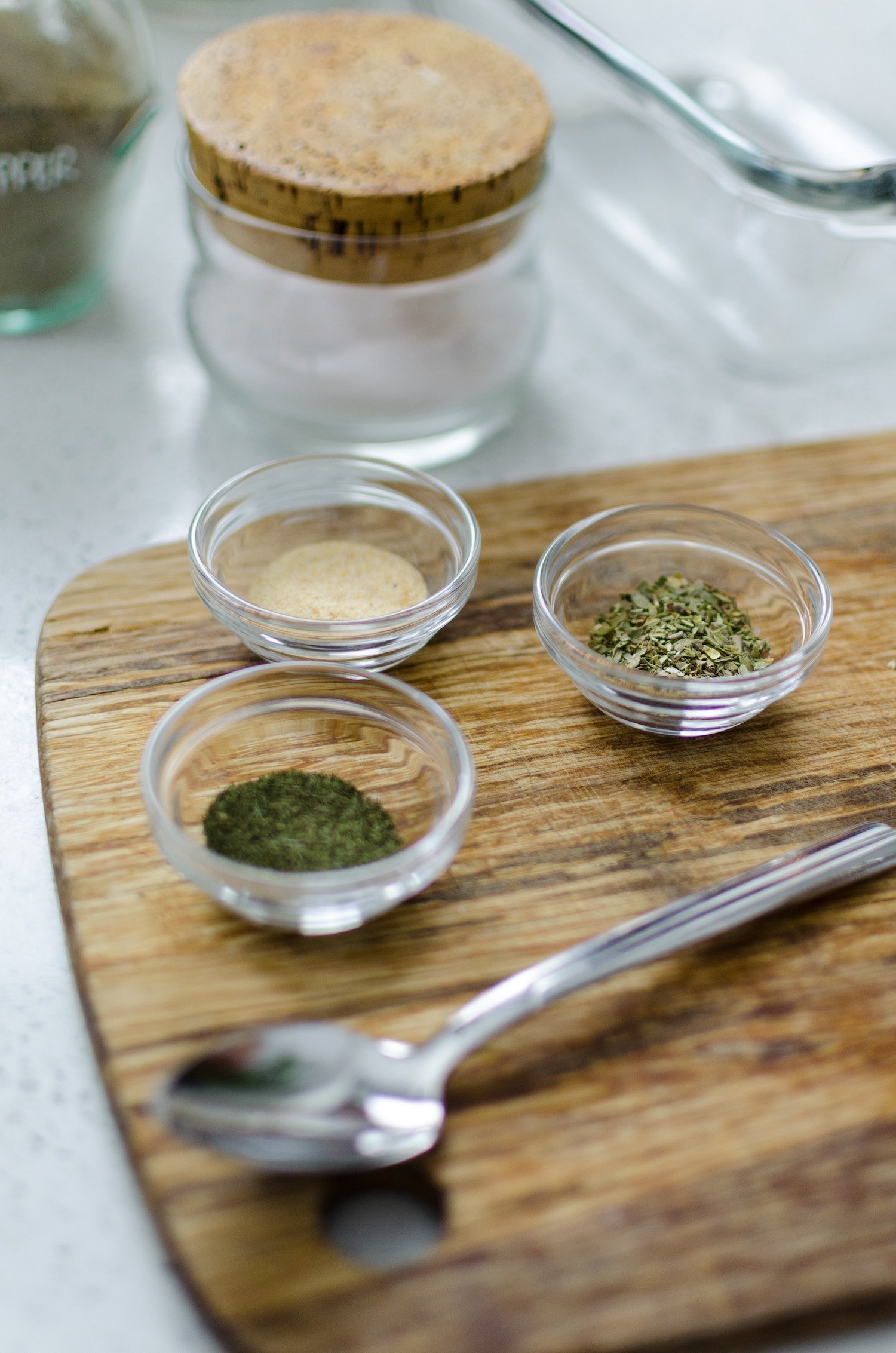Histamine Intolerance Resulting from Poor Gut Health
You may be aware that histamine causes symptoms like hives, itching, and hay fever, due to allergens, like springtime pollen floating in the air - but did you know that histamine intolerance could be the reason for your many digestive and allergic symptoms after eating certain food and drinks? Poor gut health is one of the biggest contributors to histamine intolerance.
What is Histamine?
Unlike popular belief, histamine is there to help your body. Histamine plays a role in the immune and inflammatory response by acting as an immune mediator. It widens out your red blood vessels to create a way for your immune system’s white blood cells to get to the problem area or threat.
It’s commonly dust, pollen, or pet dander that triggers histamine and the subsequent histamine response, but underlying viruses and bacteria can also trigger mast cells to produce histamines.
When histamine is triggered, it can cause that itchy, puffy, swollen, swelling that is associated with allergies and allergy seasons. In severe cases, it may even trigger anaphylactic reactions. This is why an antihistamine, like Benadryl, is so popular.
But histamine doesn't just play a role in the immune response. It also plays a role in regulating physiological function in your gut and acts as a neurotransmitter.
But like with most things, too much histamine leads to issues. But what causes this excess histamine? Histamine intolerance.
What is Histamine Intolerance?
Histamine Intolerance is where there is a build-up of histamine in the body and it becomes more than your body can handle. Histamine is a chemical released by mast cells that sends messages to the brain to signal messages between cells, like to make more stomach acid, stay more awake, or to signal the immune system to protect us against parasites and allergens. Histamine serves its purpose as a part of our immune reactions. The problem is that when the body has too much histamine in the intestines, it leads to higher levels in your blood, which causes a lot of systemic histamine issues.
Histamine intolerance could manifest within your body as a result of various reasons. One reason could be that your body overproduces histamine, and/or another reason could be that your body doesn’t have the ability to break it down.
The main enzyme that breaks down histamine is Diamine oxidase (DAO) while another vital enzyme is called, histamine-N-methyltransferase, which can only break down histamine once inside a cell (within the intracellular space).
Normally, when a person ingests histamine from eating food, enzymes are present to break it down. However, if you are low in this essential enzyme, or if you have more histamine than these enzymes can handle, you could be at a higher risk for excess histamine build-up, which causes histamine intolerance. This manifests into a variety of health issues since histamine affects the entire body.
Histamine intolerance could also manifest from other genetic reasons like MTHFR, HNMT, SAMe, MAO, and DAO mutations, as well as nutrient deficiencies like vitamin C, zinc, copper, B12, and B6. These can all interfere with how well your body can break down and metabolize histamine.
What is the difference between histamine intolerance and MCAS?
You may be thinking, this sounds similar to Mast Cell Activation Syndrome. So, what’s the difference between histamine intolerance and MCAS? Well, they are very similar. Histamine intolerance is a subset of MCAS. The difference between the two is that when a person has MCAS, their mast cells secrete many mediators, not just histamine.
Symptoms of Histamine Intolerance
Flushing
Cold-Like Symptoms
Asthma
Nasal Congestion
Asthmatic Wheezing
Low Blood Pressure
Vertigo
Abdominal Cramps
Dysmenorrhea
Headache/Migraine
Insomnia
Vomiting
Leaky Gut
Nausea
Itching
Diarrhea
Abdominal Pain
Gut Health and Histamine Intolerance
In the GI tract, histamine impacts the body’s ability to regulate motility, increases gastric acid production, and alters mucosal secretions. But your gut health can also impact histamine levels.
The Main Root Causes of Histamine Intolerance Include:
Leaky gut syndrome: These can impact your microbiome, lower your DAO enzyme levels, and inhibit your body from breaking down histamine. It can also trigger histamine release from your mast cells.
SIBO: If you have SIBO, it means you have an overgrowth of harmful bacteria in your small intestine. Those same harmful bacteria can also produce histamine, leading to elevated histamine levels.
Candida: This is a bacteria overgrowth that can break down your gut lining, causing leaky gut syndrome, toxin release, and even triggering histamine release.
Parasites: These can trigger your mast cells to release histamine. If they go unaddressed, it can lead to more serious conditions like MCAS.
Gut infections like H. pylori: This can trigger increased histamine release.
Nutrient deficiencies: These could result from a dysfunctional gut or low nutrient intake, which can cause lower DAO enzyme levels since certain nutrients, like phosphorus, zinc, magnesium, iron, and vitamin B12, are required for their production.
Genetic mutations: like MTHFR, HNMT, SAMe, MAO, and DAO mutations can increase your risk of histamine intolerance.
How to Heal Histamine Intolerance
While taking antihistamines may help your symptoms in the short term, they don’t get to the root cause of why your body is reacting with extra histamine. You need to address the issues of why you’re experiencing histamine overload in the first place. In most cases, this means healing your gut microbiome and nervous system, while also addressing parasites, microbes, and toxicity.
Avoid High Histamine Foods
There are high histamine-containing foods, like bone broth, cheese, freezer or processed meals, vinegar, alcohol, chocolate, fermented foods, tomatoes, and spinach, and then there are histamine-releasing foods that promote the release of histamine. These include leftover foods, processed meats, sugars, alcohol, bananas, milk, eggs, fish, papayas, pineapple, shellfish, tomatoes, and strawberries.
Eat More Fresh & Unprocessed Foods
Fermented foods and cured foods often contain the highest amounts of histamine, whereas fresh, unprocessed foods have the lowest levels (except those listed above). You can consume more eggs, non-citrus fruits, coconut milk, almond milk, quinoa, and rice.
Avoid DAO Enzyme Blockers
Certain foods can block your DAO enzyme, inhibiting it from breaking down and eliminating histamine. These include alcohol, green and Black tea, and certain energy drinks.
Take Probiotics for Histamine Intolerance
The best probiotics for histamine intolerance may depend on your current microbiome composition (you can learn yours by getting Functional Lab testing performed) For example, a stool test can give us an inside look at what strains of bacteria are flourishing and what ones are low. Ideally, you don’t want any kind of dangerous bacteria strains to overgrow because then it kicks out all the good bugs.
But the best probiotics for histamine intolerance may be different from person to person. This is because if your gut contains elevated levels of even beneficial bacteria, you won’t want to take a probiotic that has even more of that strain since. This could leave no room for other beneficial strains necessary for optimal health.
Your provider can recommend the best probiotic based on your current gut status and bacteria composition.
Reduce Stress and Improve Your Lifestyle
When you're all stressed out day after day, your body tends to release hormones and other chemicals, including histamine. This could be from emotional, physical, or mental stress. This may be why your allergy-like symptoms flare up during stressful times. To help reduce stress, incorporate more stress reduction and management techniques into your routine.
These include: sleep, moving daily, spending time in nature, self-care, breathwork, guided meditation, journaling, pilates, yoga, uplifting activities, prioritizing supportive relationships, and spending time for yourself to rest and relax.
You should also reduce your toxic load by eliminating personal care and cleaning products that contain harmful chemicals. Instead use organic, natural, or homemade products. Avoid the use of plastics and instead use paper, cloth, glass, wood, bamboo, and stainless steel appliances, tools, and products instead.
Investing in a high quality air purifying system and a water filtration system are also two effective ways to reduce the amount of toxins coming into your body.
These can all reduce the number of stressors on your body, easing up your total histamine release.
Take Supplements for Histamine Intolerance
High-quality supplements are also a great way to heal histamine intolerance and find relief in your symptoms. If you are a person who has low DAO levels, a DAO enzyme supplement could help supply your body with the right enzyme to break down histamine from foods.
Other nutrients, like vitamin C, copper, and vitamin B6, may help support histamine degradation and help encourage DAO production. Zinc depletion is linked to mast cells releasing more histamine into the bloodstream. One of my favorite natural mast cell stabilizers is a phytonutrient called Quercetin, which helps carry more zinc into your cells, as well as works to prevent the release of histamine in the first place. Another helpful herb is nettle leaf.
Overcome Your Chronic Symptoms & Heal Holistically
Are you looking to get to the root cause of your symptoms? We can help you.
We use holistic approaches and functional medicine lab testing to investigate what is triggering your chronic symptoms so you can address them at their source and start to feel better faster. Our health coaches are masters at guiding the healing of multiple root causes in a personalized order that gets you wellness results that last. We also help you maintain good health and minimize your disease risks.
by sarah southerton
Certified Integrative Health Practitioner (IHP2) & Functional Medicine Health Coach
I specialize in helping people heal chronic illnesses and achieve optimal health. After my own battle with Ehlers Danlos Syndrome (EDS), Lyme disease, Mast Cell Activation Syndrome (MCAS) and Post Orthostatic Tachycardia Syndrome (POTS), I was thrust into the world of alternative medicine, herbal healing, and low-tox/low-stress living. I have since restored my health and no longer suffer with debilitating symptoms and I’m passionate about help other people who are suffering, so they can feel better a lot faster than I did.
Disclaimer: The information on this website is for general information purposes only. Nothing on this site should be taken as healthcare advice for any individual case or situation. This information is not intended to create, and receipt or viewing does not constitute, an healthcare professional-patient relationship. We do our best to keep information accurate and up to date, however mistakes do happen, and we cannot make guarantees regarding the accuracy of our information. We are not liable for any information on this website or your reliance upon it.
































